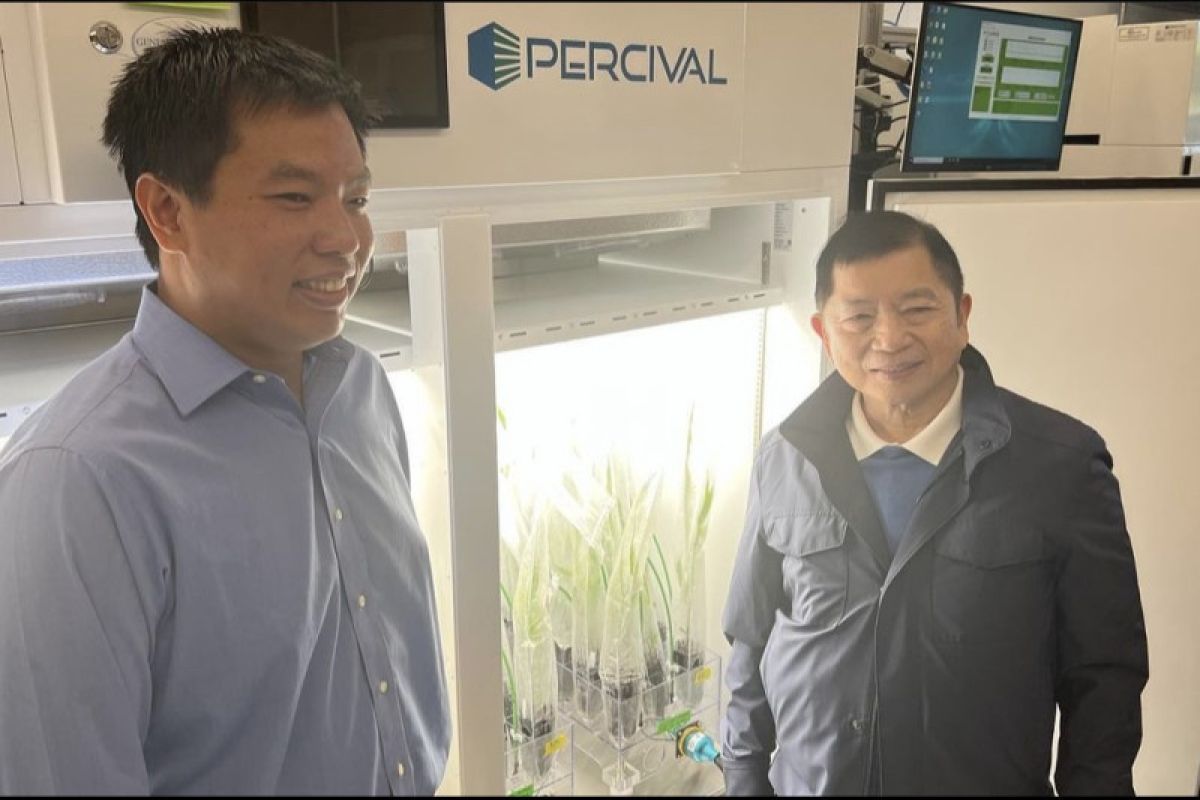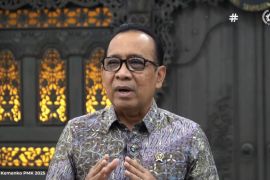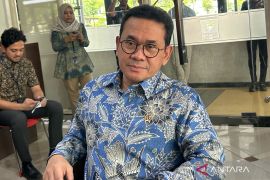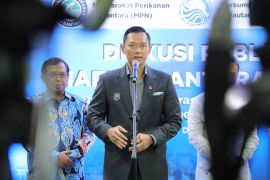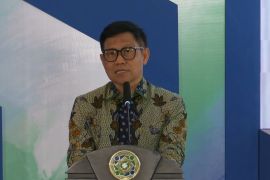His visit was part of an effort to develop bioeconomy in Indonesia. The company, named Pivot Bio, creates organic fertilizers through microbes.
"Pivot Bio intends to replace synthetic nitrogen fertilizers with a more sustainable and safer device by producing microbes that can take nitrogen from the air and make them available for plants," he said in an Instagram post.
"This company has produced products such as Proven 40 and Return," he added.
Bioindustry emerged with the development of modern biotechnology in the 1970s. It grew rapidly in the 1980s with many industries focusing on vaccine and antibiotic production.
Over time, the bioindustry diversified into other fields, such as the production of biomass, enzyme, waste management, and renewable energy generation.
Related news: Bappenas considers three main issues in national development
"This occurs by considering the economic potential, whether from product value and quality and production cost, as well as environmental impact in comparison with conventional methods," Monoarfa said.
Currently, the number of companies engaged in the bioindustry has increased in several countries, such as the United States, which are focusing on the large-scale development of life and health-based products.
In 2016, there were 2,785 US-based bio companies. The figure reflected the rapidly developing bioindustry in the US.
"Meanwhile, Europe is focusing on the development of biocatalysts in the industry," the minister said.
"The birth of this trend is supported by the lifestyle of its citizens who have environmental awareness, thus the users shift to eco-friendly products," he added.
Bioindustry is part of the bioeconomy. The development of the bioeconomy grew more rapidly with the convergence of science and technology, advancement in science and engineering, and demand for sustainability.
Related news: Minister lists achievements of housing, infrastructure projects
EDITED BY INE
Translator: M Baqir I A, Fadhli Ruhman
Editor: Jafar M Sidik
Copyright © ANTARA 2023
